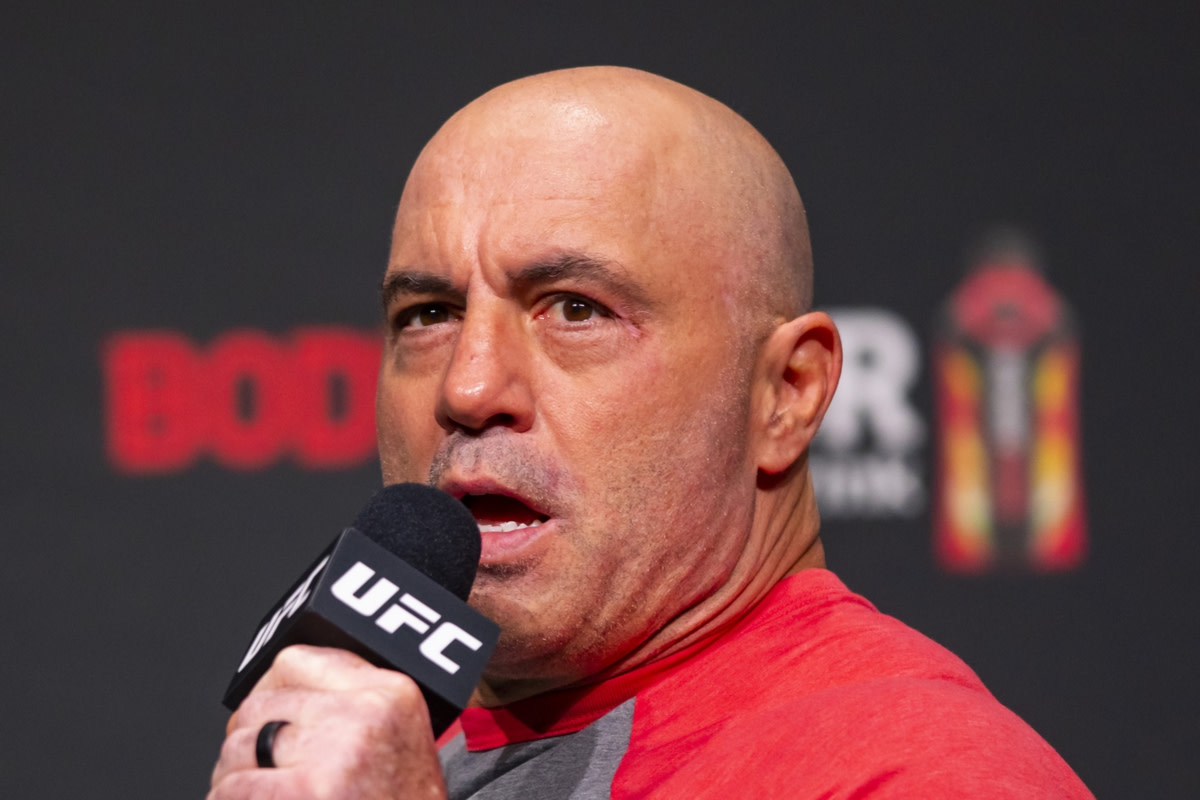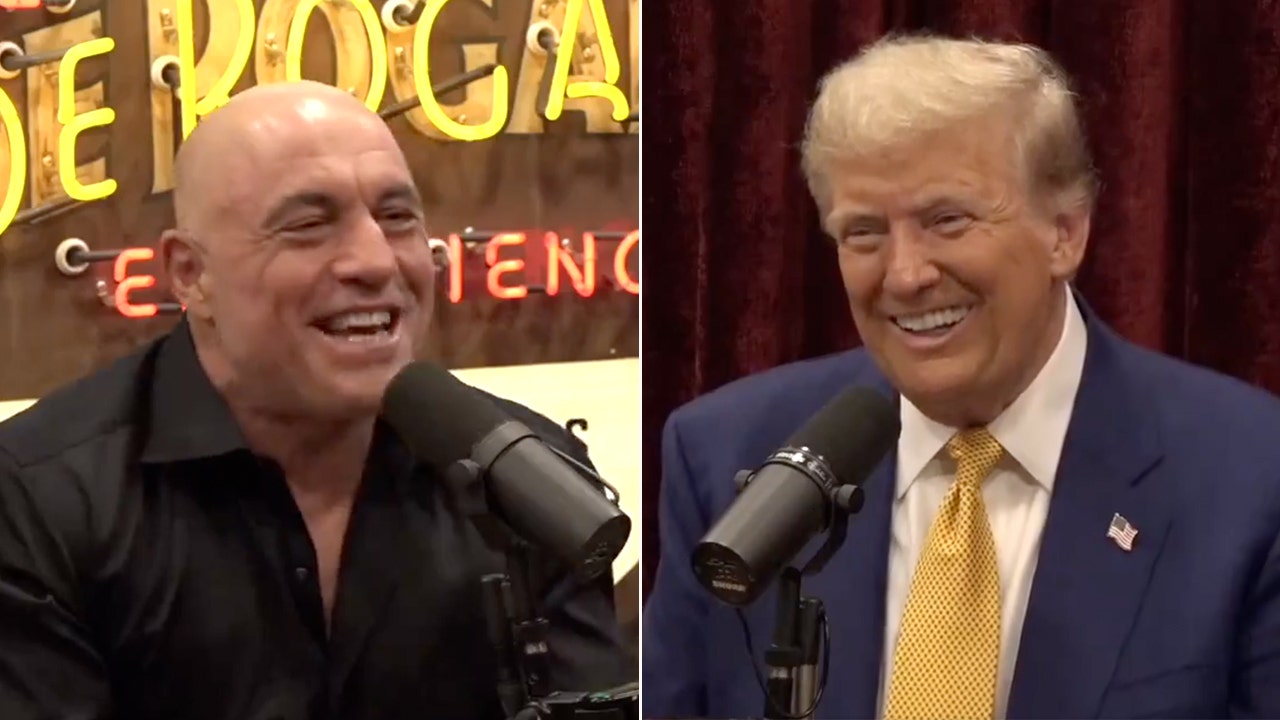Maureen McCormick Slams Joe Rogan Over Slur: What Happened?
Has a single word truly the power to ignite such a firestorm of controversy, drawing the ire of a beloved television icon against a titan of the podcasting world? The recent public rebuke of Joe Rogan by Maureen McCormick, celebrated for her role as Marcia Brady, underscores the potent impact of language and the enduring sensitivity surrounding derogatory terms.
The heart of the matter lies in Rogan's apparent embrace of the re-emergence of a specific slur a word deeply offensive and historically used to denigrate individuals. This sparked immediate and widespread condemnation, with McCormick taking to social media, specifically the X platform, on April 11th to voice her disapproval. Her public denouncement of Rogan highlights the gravity of his comments and reflects a broader cultural reckoning with the use of slurs and hate speech.
| Full Name | Maureen Denise McCormick |
| Date of Birth | August 5, 1956 |
| Place of Birth | Woodland Hills, Los Angeles, California, USA |
| Nationality | American |
| Known For | Portraying Marcia Brady in "The Brady Bunch" |
| Spouse(s) | Michael Cummings (m. 1985) |
| Children | One daughter, Natalie |
| Career Highlights | "The Brady Bunch" (1969-1974), Various television appearances, Recording artist, Author |
| Notable Works | "Here's the Story: Surviving Marcia Brady and Finding My True Voice" (memoir) |
| Website for Reference | IMDb |
The immediate context of this controversy stems from a snippet of Rogan's commentary, which circulated virally on X. While the exact nature of his remarks remains a point of contention, the implication was clear: Rogan seemingly welcomed the return of a slur that has long been recognized as deeply offensive and hurtful. This has since triggered considerable outrage on social media, including McCormick's response. Her intervention, drawing upon her long-standing fame as Marcia Brady, added a significant layer to the discourse, as she is a public figure admired by many across generations.
McCormick's reaction wasn't an isolated event. The incident underscores the broader sensitivity surrounding the use of derogatory language and the swiftness with which such pronouncements can now be met with disapproval. The rapid spread of the story, fueled by social media, serves as a stark reminder of how quickly a narrative can be shaped, and reputations can be affected. This is amplified when a public figure like Rogan, with his immense platform, finds himself at the center of such a situation.
Joe Rogan, a prominent figure in the podcasting world, is known for his long-form conversations on a wide range of topics, frequently featuring guests from various fields, including comedians, scientists, and political commentators. His podcast, "The Joe Rogan Experience," has garnered a massive audience, making him a hugely influential voice in contemporary culture. This significant reach amplifies the impact of his words, making any controversial statement subject to intense scrutiny.
The phrase "The r word," in the context of this incident, refers to a specific slur. This word, historically used to demean individuals with intellectual disabilities, carries a heavy weight of stigma and prejudice. Its use is widely condemned as hurtful and offensive. The controversy surrounding Rogan's comments and McCormick's reaction highlights the continuing struggle against the normalization of hate speech and derogatory language.
McCormick's rebuke goes beyond a simple disagreement; it represents a condemnation of Rogan's apparent insensitivity to a word with a deeply painful history. Her intervention serves as a reminder of the power of public figures to speak out against offensive behavior, and the influence they can exert over public discourse. It's a powerful example of how societal standards are being continually re-evaluated and reshaped.
The incident also shines a light on the role of social media in shaping public opinion. The rapid dissemination of Rogan's comments, the subsequent outrage, and McCormick's response all unfolded at breakneck speed on platforms like X. This underscores the role social media plays in amplifying voices, accelerating the spread of information (and misinformation), and creating spaces for dialogue and debate, however heated, about contentious issues.
The "not a victory" comment, referenced in several reports about the event, encapsulates the overall sentiment of those critical of Rogan's apparent endorsement of the slur's re-emergence. The phrase signifies that the use of such language is not a matter for celebration or acceptance, but rather a cause for concern and condemnation. This sentiment is echoed by many who are committed to inclusivity and the rejection of hateful rhetoric.
It's important to note the various layers involved in this controversy. Beyond the immediate disagreement over the use of a slur, there are questions about freedom of speech, the responsibility of public figures, and the evolving boundaries of acceptable language. The debate surrounding the situation could prompt broader discussions about the impact of words, and how they shape perceptions, promote inclusivity or exclude individuals.
Furthermore, this incident comes at a time when the impact of language is under heightened scrutiny. Across various platforms, from social media to news outlets, discussions about language, its impact, and its appropriate use continue. The attention given to McCormick's response underscores that awareness.
This incident serves as a case study in the power dynamics that occur within public discourse. The prominence of figures like Rogan and McCormick, their considerable platforms, and their individual influence shape the publics perception and ultimately, the ongoing cultural discussions surrounding hate speech, inclusivity, and freedom of expression.
The reaction surrounding Rogan's comments and the subsequent response from figures like McCormick can serve to bring wider scrutiny to the Joe Rogan Experience podcast. This is evident in the increased media coverage surrounding past episodes. Podcast episodes featuring diverse topics, ranging from explorations of the mind with guests such as John Lilly, the use of ketamine, isolation tanks, the evolution of language, and even the ethical issues of space travel, have received fresh attention within the context of the ongoing discussion. The discussion around these diverse topics will likely continue.
The swift condemnation by Maureen McCormick, famous for portraying Marcia Brady, a character representing wholesome family values, emphasizes the severity of Rogans apparent stance. It amplifies the idea that the use of slurs and derogatory language is unacceptable, regardless of the context or the perceived intent.
The incident serves as a reminder that the use of language is a delicate matter. Every word has a history, and every utterance has the potential to cause harm or create misunderstandings. The reactions surrounding the comments of Joe Rogan underscore the significance of words and the impact they can have on both individuals and society as a whole.


